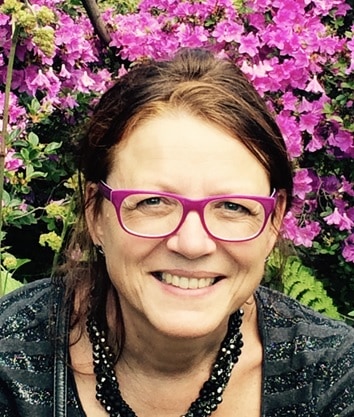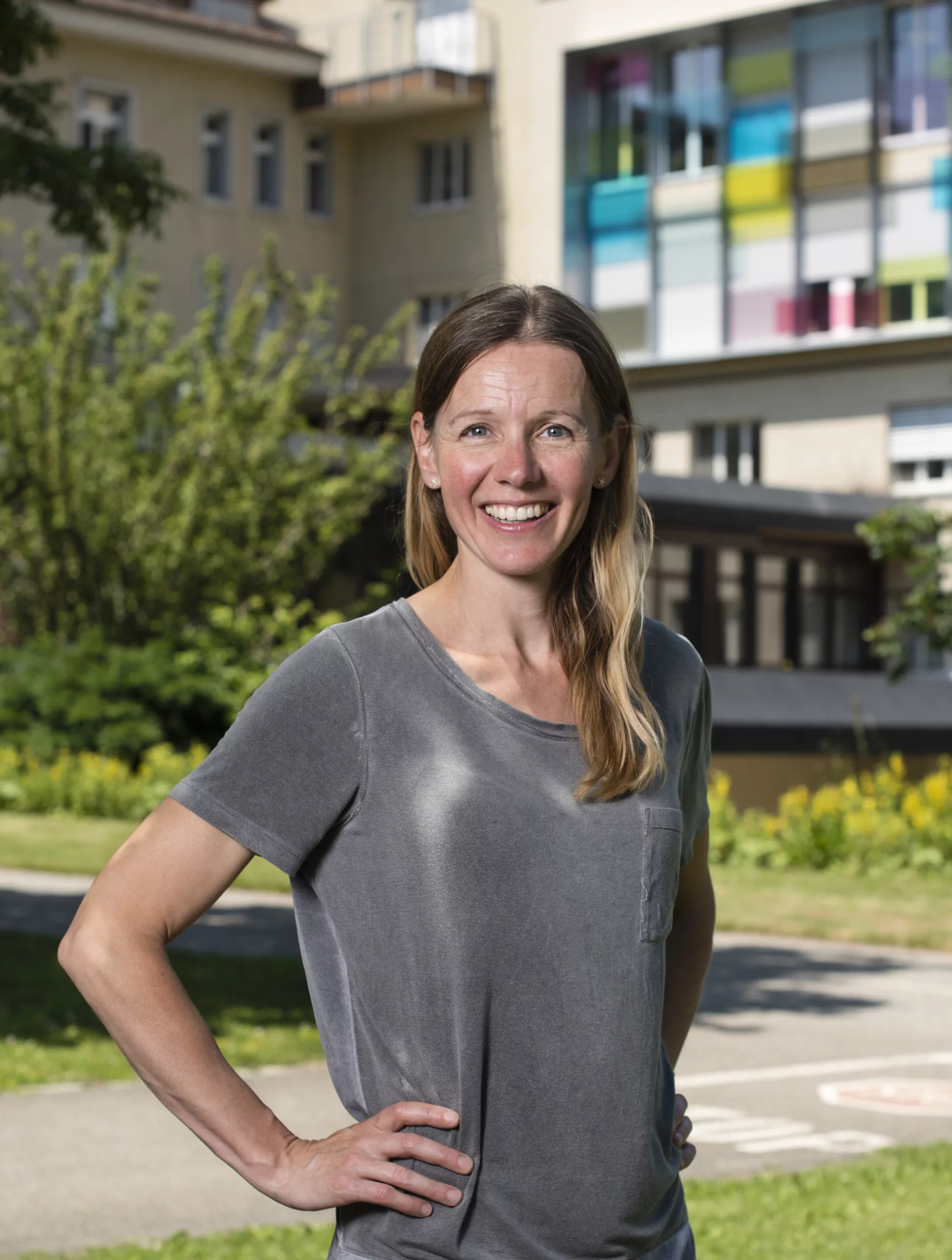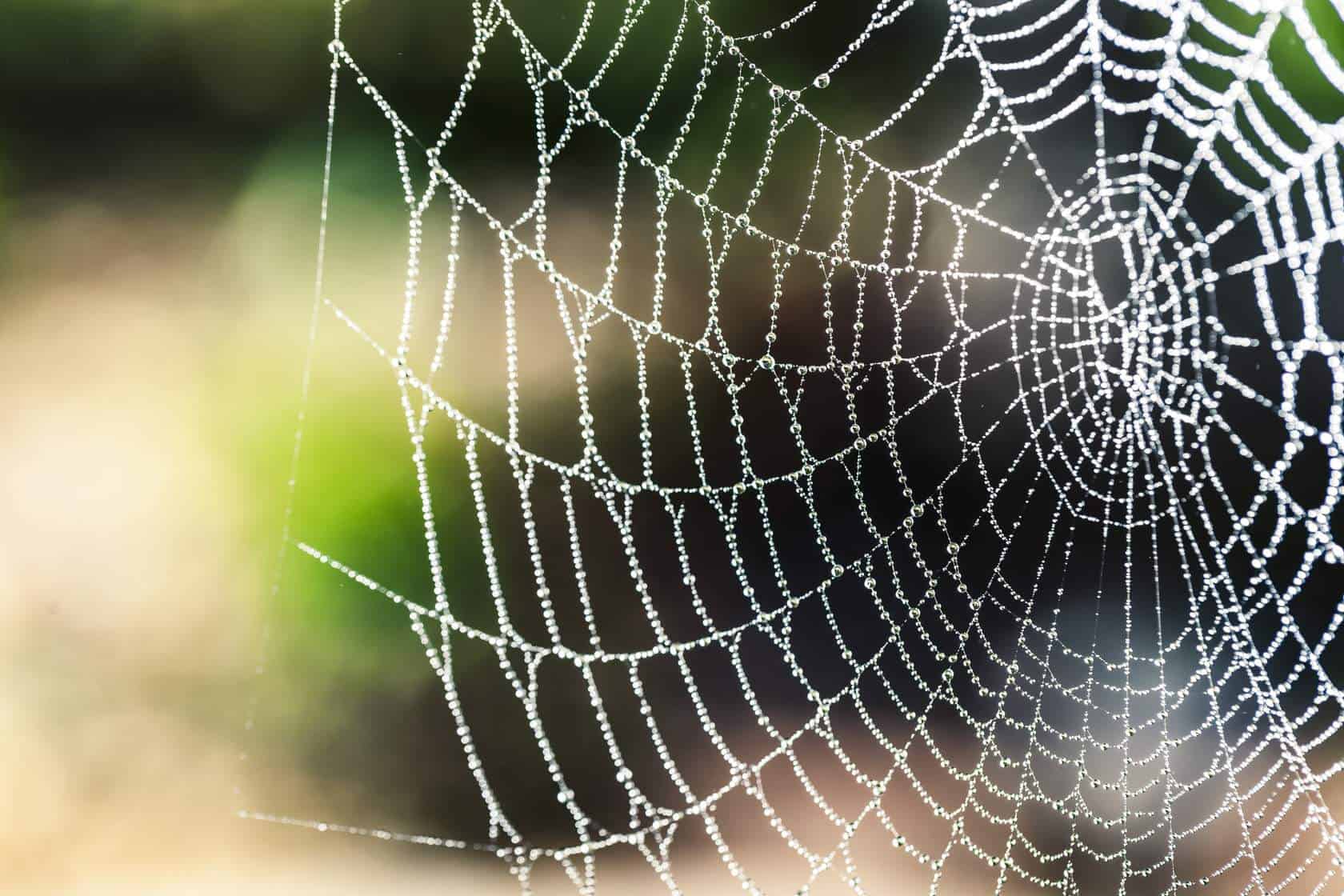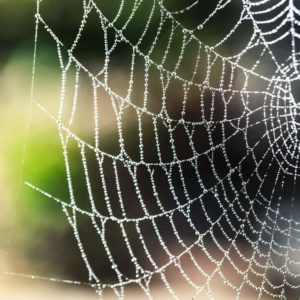EXPERT
Integration of Neurodynamics in Neurorehabilitation (INN®) Expert 1: Basics, Development & Application
The INN® thinking model opens up new perspectives for you!
Want to learn more about action and movement analysis involving neural mobility? In the INN® expert courses, you'll learn the theoretical basics with practical examples.
Course content
You will learn how the INN® has developed so that you can explain the thinking model to your patients. Thanks to your in-depth knowledge of the peripheral nerves and their biomechanical and physiological functions, you will see the entire nervous system as an inseparable unit and no longer differentiate functionally between the central and peripheral nervous system. You now understand why people move and behave in a certain way after a brain injury.
This is part 1 of the INN® basic course digital. This consists of four courses:
Expert 1: INN® Basics, Development & Application (4 h)
Expert 2: INN® Neurodynamic Tests
Expert 3: INN® Other Aspects
Expert 4: INN® Clinical Reasoning Process
With the completion of all four courses, you will receive the certificate for the basic course INN® Integration of Neurodynamics in Neurorehabilitation. This certificate entitles you to participate in INN® practical courses.
Note
We recommend the Basic Course «Things worth knowing about the central nervous system» as optimal preparation.
Here are a few reasons for this:
...because the central nervous system is responsible for controlling movement and action.
...because the cranial nerves are located in the central nervous system, even though they belong to the peripheral nervous system.
...because you get to know the most important clinical pictures that arise due to a brain lesion.
...because the case studies presented there help you to link the learned content and store it in your long-term memory.
Course part 1 | Basics, Development & Application
- Introduction to the topic
- Development of neurodynamics
- From neurodynamics to INN®
- INN® in practice
- Short knowledge check
Course part 2 | Peripheral nervous system
- Introduction to the topic
- Structures and tissues
- Biomechanics
- Physiology: Impulse transport
- Physiology: Blood supply
- Connection Biomechanics and Physiology
- Short knowledge check
Course part 3 | Nervous system as a unit
- Introduction to the topic
- The nervous system as a continuum
- Consequences of a brain lesion on the peripheral nervous system
- Plasticity of the peripheral nervous system
- Importance for INN®
Course part 4 | Final test
Therapists from all areas
Doctors and physicians
Curative educators
Movement scientists
Anyone who works with people with a brain lesion and would like to know more about the relationship between structure, function, activity and independence.
240 minutes learning time
Handout included
available for 6 months from booking
Meet the teachers

Nora Kern, MSc PT, OMPT
For over 20 years, my goal has been to integrate existing knowledge and known tests and techniques of neurodynamics into neurorehabilitation. Peripheral nerves are structures that, in addition to muscles, joints, and scars, should be assessed and treated as needed, with different focuses depending on the professional group. They are also part of the nervous system! Dysfunction of peripheral nerves can massively impair rehabilitation. In this course, we want to refresh and supplement your theoretical understanding, because knowledge, as we know, guides our actions.

Dr. Petra Marsico, PT
As a physiotherapist and researcher, I am fascinated by the complexity of the nervous system. The influence of the structures on mobility and behavior, and especially the neurodynamic aspect, fascinates me a lot. The more I know about it, the better I can support my little patients and their families to strengthen them in their activity and achieve more independence.
Info video
INN Expert 1: Basics, development and application
Training points
and
Certificate
You will receive the following training points for this course

- German Association of Occupational Therapists (DVE): 5 points
- German Association of Physiotherapy (ZVK): 5 points

- Umbrella organization of medical-technical services (MTD): 5 teaching units*

- Ergoverband Switzerland (EVS): 4 points
- Physioswiss: 4 points
- Pediatrics Switzerland: 4 CME credits
After completing the course, you will automatically receive a personal certificate that you can use as proof of your training
* Our confirmation of participation can be submitted to your professional association as part of an application for the MTD-CPD certificate.


